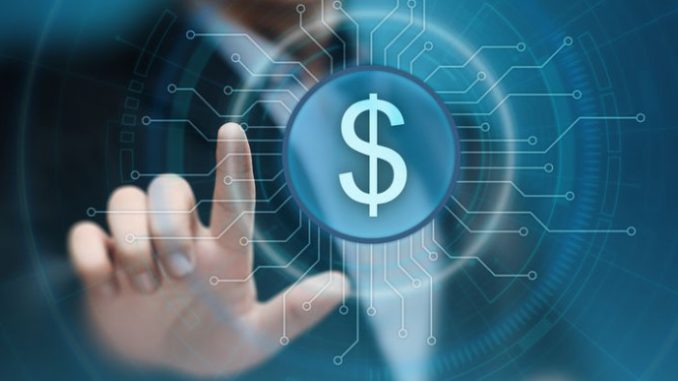on the crypto

Is it the right time?
During a recent hearing by the House Financial Services Committee, several solutions to the problem of the US digital dollar emerged. The e-dollar was justified by J. Christopher Giancarlo, former president of the Commodity Futures Trading Commission (CFTC), now director of the Digital Dollar Project.
As he had done in the past, he argued that tokenization is a way to make the dollar future proof. Other countries, including China, are working to digitize their currencies, he noted.
To maintain the leading role in the global financial system, the United States should take on this task, he told lawmakers. Although Giancarlo had previously specified that a digital dollar should not have been coupled with a crisis situation, at the hearing he suggested that laying the foundation for the project should be part of the response to the crisis caused by COVID-19. Others Investorsinstead, they have focused more on the urgency of making payments quickly to those who need it.
Simpler alternatives
The success of prepaid debit cards and peer-to-peer applications such as PayPal and Venmo show that they can be used to quickly distribute stimulus dollars to the needy, said Jodie Kelley, CEO of the Electronic Transactions Association, whose member companies process more $ 8,5 trillion in payments per year.
Regarding the use of the blockchain, Mehrsa Baradaran, a professor of law at the University of California's Irvine School of Law, said that discussion of this technology is premature.
Baradaran advocates a different, more feasible (at least technologically, if not politically) strategy: to use the United States postal service to create local bank branches in collaboration with the Federal Reserve. "We must first fill this cash-digital division," said Baradaran.
Broadband access
Much of the hearing focused on the tokenized dollar concept, with representative Patrick McHenry (R-NC) asking Giancarlo to explain how financial inclusion and the distribution of subsidies could help.
According to the former regulator, a tokenized dollar could be a way of providing banking services to those without it. Broadband access is the biggest problem that should be addressed, he said.
A lack of bank access would not be "insurmountable" if residents of areas under-serviced by financial institutions had broadband access, said Giancarlo. While acknowledging that access to mobile devices could be another obstacle, he said that resolving this would make the issue of financial inclusion much easier.
Focusing on providing mobile access and a tokenized dollar rather than an expansion of existing banking services could attract more people to the new system, he said.
